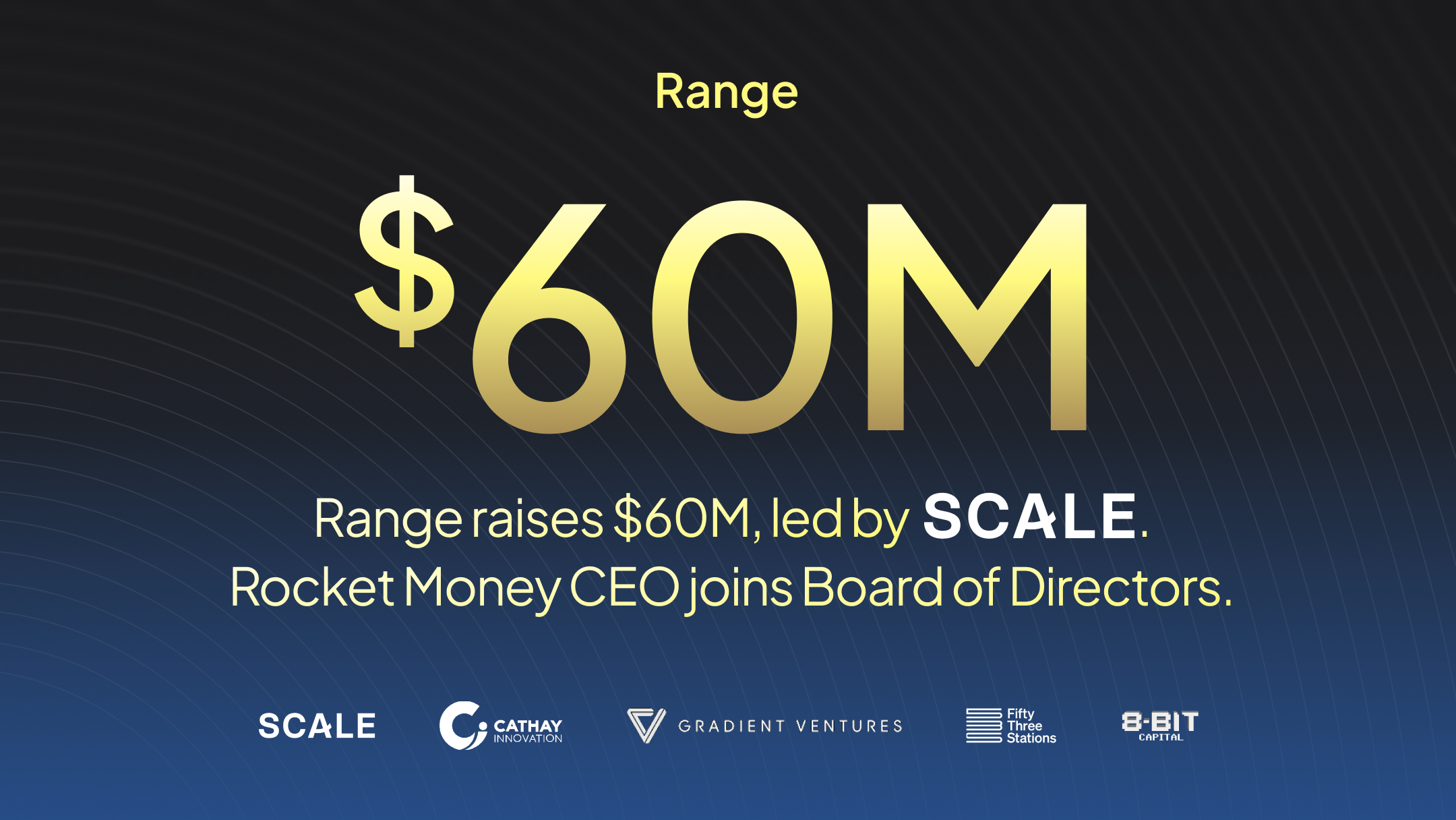What Is a Will?
A will is a legal document that specifies how you want your assets distributed after death. It serves as your voice when you're no longer able to speak for yourself, allowing you to direct who receives your property, who cares for your minor children, and who handles the administration of your estate. Unlike other estate planning tools, a will only takes effect after you pass away and must go through the probate process to be executed.
The Hidden Costs of Dying Without a Will
When you die without a will, you die "intestate." This single word transforms your legacy into something beyond your control:
Your state takes over. Rather than your wishes determining who receives your assets, state intestacy laws create a formula for distribution that rarely matches what you would have chosen.
Your children become vulnerable. Without named guardians, the court decides who raises your minor children, potentially placing them with family members you would never have selected.
Your loved ones wait. Probate court proceedings typically delay asset distribution for 9-18 months, often longer for complex estates. Meanwhile, your family may struggle financially, unable to access funds they desperately need.
Your privacy disappears. Probate is public. Your financial details, family dynamics, and asset values become available for anyone to examine.
Your estate pays more. Attorney fees, court costs, and administrator expenses can consume 3-8% of your estate value—money that should have gone to your loved ones.
Common Questions High Earners Ask About Wills
Should I create a will if I make over $500k per year?
Yes, creating a will becomes even more critical as your income and assets grow. High earners often have complex financial situations including stock options, multiple properties, and significant retirement accounts that require specific distribution instructions. Without a will, your state's intestacy laws could distribute these assets in ways that create unnecessary tax burdens for your heirs. According to the American Bar Association, intestate succession laws vary significantly by state but generally don't account for modern family structures or tax optimization strategies.
How much could my family lose in taxes if I die without proper estate planning?
The tax implications can be substantial. For 2024, the federal estate tax exemption is $13.61 million per individual, but many states impose their own estate or inheritance taxes with much lower thresholds. For example, Massachusetts and Oregon begin taxing estates at just $1 million. Without proper planning, your heirs could face combined federal and state tax rates exceeding 40% on portions of your estate. Through its tax optimization strategies, Range helps high-income families coordinate estate planning with ongoing tax strategy to minimize these burdens. Learn more about tax strategies for high-income households that can reduce your overall tax exposure.
What happens to my 401k and investment accounts if I don't have a will?
Your 401k, IRA, and investment accounts with named beneficiaries bypass your will entirely—they transfer directly to designated beneficiaries. However, if you haven't named beneficiaries or they've predeceased you, these accounts fall into your estate and become subject to intestacy laws. This can create significant problems: retirement accounts lose their tax-deferred status, potentially triggering immediate taxation, and investment accounts may be distributed to heirs you wouldn't have chosen. Range member Sarah, a tech executive, discovered her ex-spouse was still listed as beneficiary on a $2 million 401k—a detail her previous advisor never caught. Read more Range customer reviews to see how comprehensive planning prevents these oversights.
How do I coordinate my will with my overall financial plan?
A will should work in harmony with your entire financial picture—tax strategy, investment accounts, real estate holdings, and business interests. Many high earners make the mistake of creating a will in isolation, missing opportunities for tax savings and asset protection. For instance, certain assets might be better held in trusts to avoid probate and minimize estate taxes, while others should remain in your personal name for flexibility. Range's platform provides this coordination, ensuring your estate plan aligns with your investment strategy and tax optimization goals. For strategies on protecting wealth across generations, explore our guide on wealth protection strategies.
Crafting a Will That Protects What Matters
A properly structured will does far more than distribute assets. It:
- Names guardians for minor children
- Appoints an executor you trust to manage your estate
- Provides specific instructions for family heirlooms and sentimental items
- Creates a framework for business succession
- Establishes parameters for charitable giving
For high-income professionals, additional considerations include:
- Minimizing estate tax exposure through strategic bequests
- Protecting assets from creditors
- Ensuring business continuity
- Coordinating with existing trusts and beneficiary designations
Understanding how different investment strategies impact your estate plan is crucial. Our analysis of 2024 market performance shows how concentrated wealth in tech stocks requires special estate planning considerations.
Beyond the Basics: When Your Will Needs Company
For high-net-worth individuals, a will often works best alongside other estate planning tools:
Revocable living trusts bypass probate entirely, maintaining privacy and providing immediate asset access for your family.
Pour-over wills capture any assets not already transferred into your trust, creating a safety net for comprehensive planning.
Advance healthcare directives and powers of attorney manage healthcare and financial decisions if you become incapacitated.
Irrevocable life insurance trusts (ILITs) can remove life insurance proceeds from your taxable estate, potentially saving millions in estate taxes for ultra-high-net-worth families.
During periods of market volatility, having these structures in place becomes even more critical for protecting your family's financial future.
Taking Action: The Path Forward
Creating a will doesn't need to be complicated:
- Compile a comprehensive list of your assets and debts
- Identify guardians for minor children and executors for your estate
- Document specific bequests for heirlooms or sentimental items
- Consult with an attorney who specializes in estate planning for high-net-worth individuals
- Review beneficiary designations on all accounts
- Consider tax implications of your distribution strategy
While online will services exist, they rarely accommodate complex financial situations. Professional estate planning typically costs between $300-$1,000 for basic wills, with comprehensive planning ranging from $3,000-$10,000+ depending on complexity.
The investment protects substantially more than it costs. As one Range member noted after completing their estate plan: "The peace of mind knowing my family is protected and won't face a tax nightmare is worth every penny." Through Range's comprehensive approach, members receive ongoing coordination between estate planning and tax optimization, ensuring their legacy is preserved efficiently.
Your legacy deserves protection. Don't leave it to chance.
Ready to coordinate your estate planning with comprehensive wealth management? Range's tech-first approach ensures your will, tax strategy, and investment plan work together seamlessly. Use our Financial Advisor Fee Comparison Calculator to see how much you could save, then learn more about Range to protect what matters most.






.svg)
.svg)
.svg)

